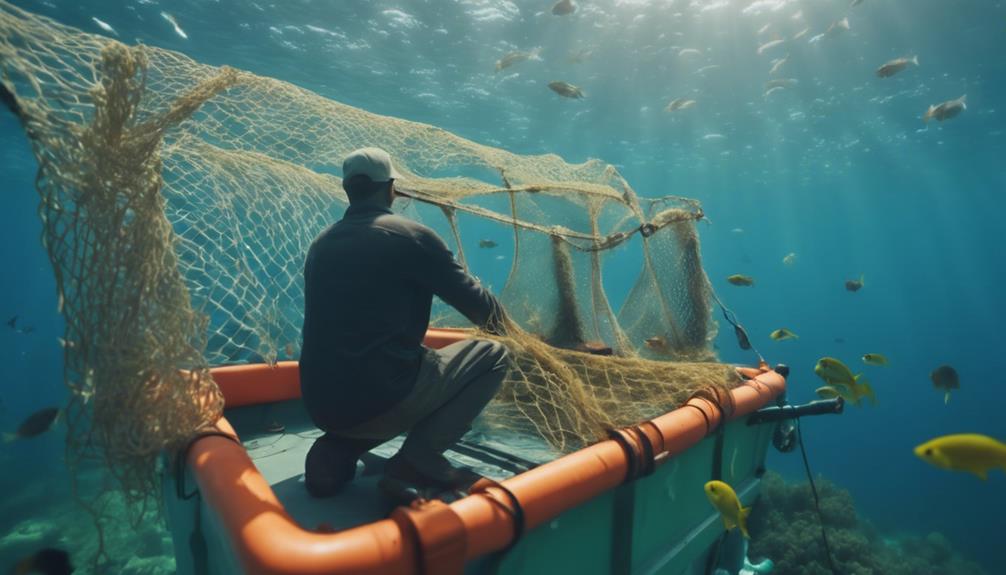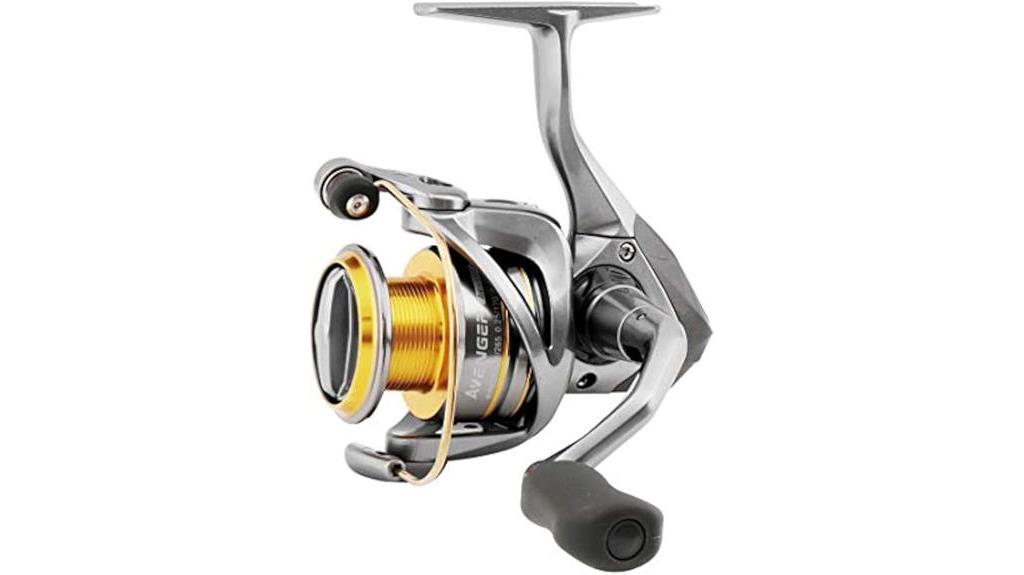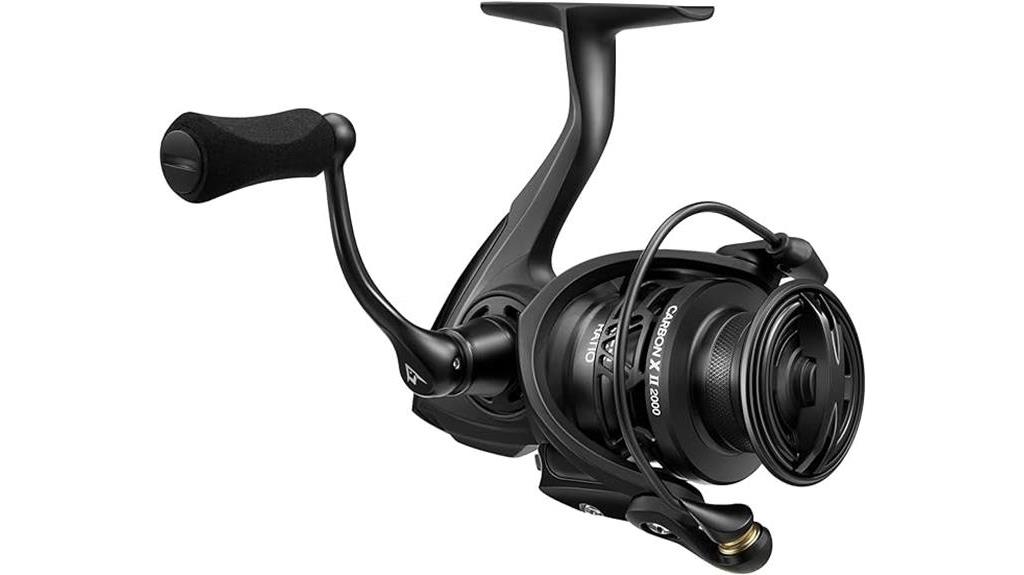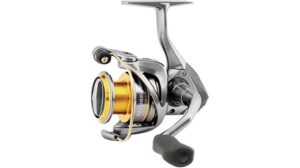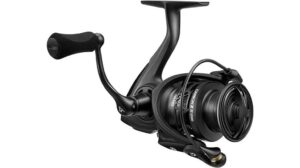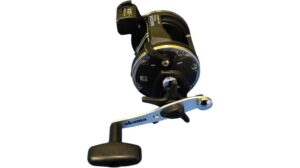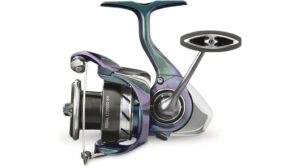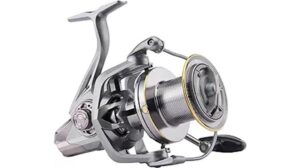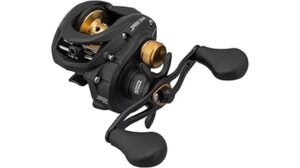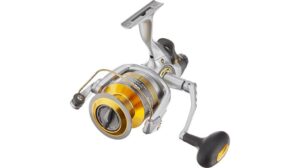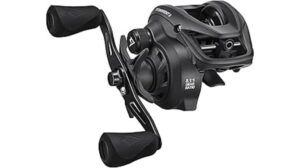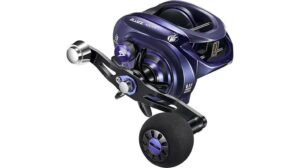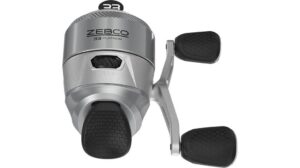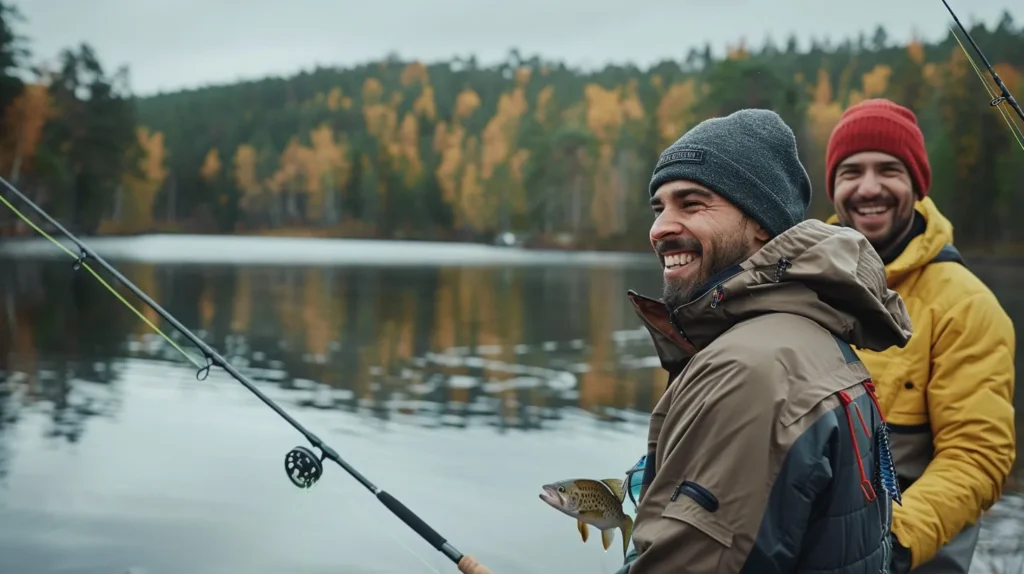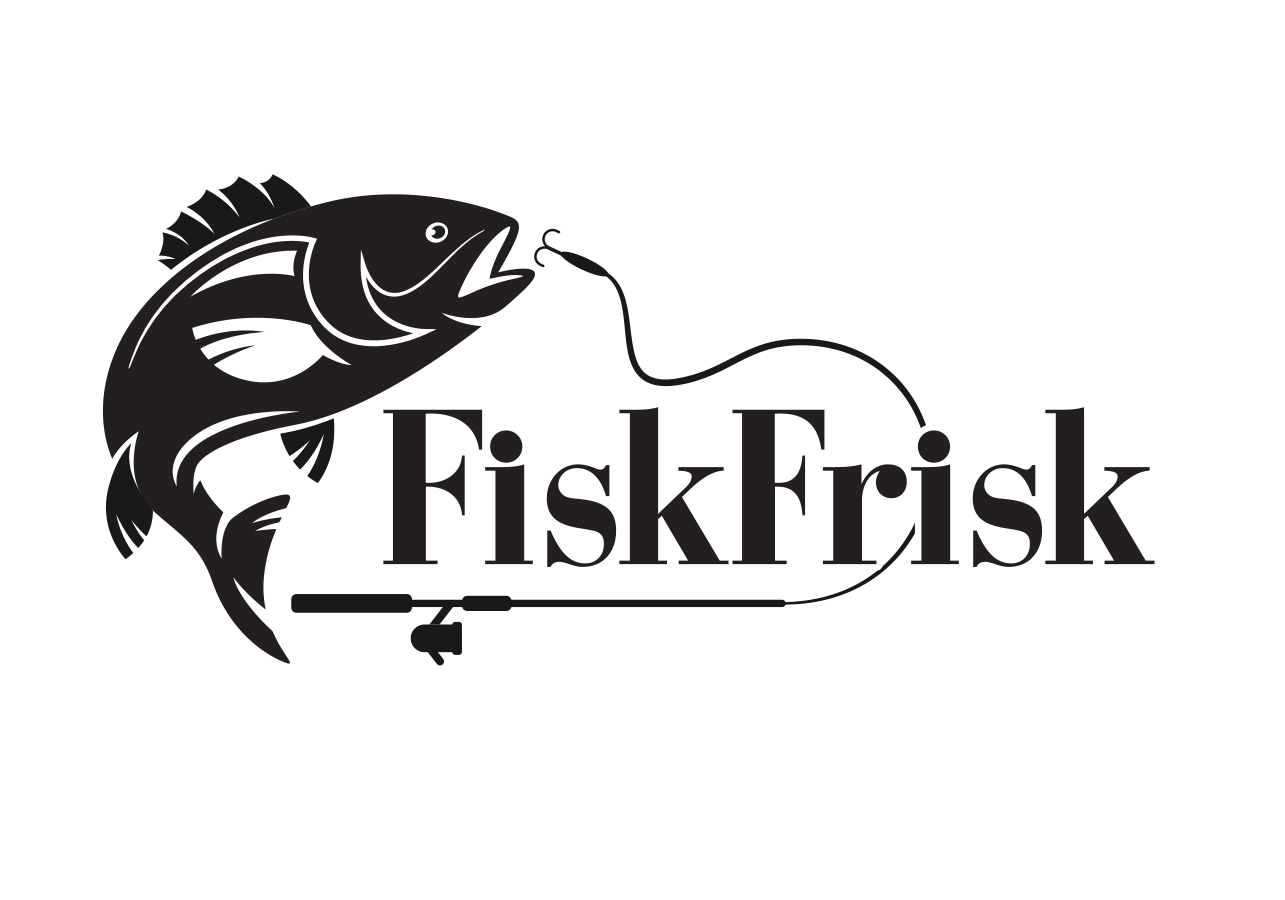We're facing a critical challenge in our oceans, as overfishing threatens marine ecosystems and the future of our fisheries. Sustainable fishing practices offer hope for protecting our waters and ensuring a balanced coexistence between human needs and ocean health. These practices include implementing marine protected areas, enforcing catch limits and quotas, reducing bycatch, and promoting consumer awareness. By adopting selective gear, creating no-fishing zones, and setting science-based quotas, we can help replenish fish populations and maintain biodiversity. International cooperation is essential for the success of these efforts. The journey towards sustainable fishing is complex, but the rewards for our oceans and future generations are immeasurable.
Overfishing: A Global Crisis

Our oceans are in peril, with overfishing threatening marine ecosystems worldwide. We're witnessing a global crisis as fish populations plummet, disrupting delicate food chains and biodiversity. It's not just about the fish; it's about the balance of life beneath the waves. We must act now to preserve our marine heritage, implementing sustainable practices and stricter regulations before it's too late.
Sustainable Fishing Practices
In the face of this marine crisis, we're turning to sustainable fishing practices as a beacon of hope for our oceans' future. We're embracing methods that balance our need for seafood with the health of marine ecosystems. Let's explore some key sustainable fishing practices:
| Practice | Description | Impact |
|---|---|---|
| Selective Gear | Uses specific tools to target desired species | Reduces bycatch |
| Catch Limits | Sets quotas based on scientific data | Prevents overfishing |
| Marine Protected Areas | Establishes no-fishing zones | Allows fish populations to recover |
| Traceability | Tracks fish from catch to plate | Guarantees accountability |
| Aquaculture | Farms fish in controlled environments | Relieves pressure on wild stocks |
Marine Protected Areas

Serving as underwater sanctuaries, Marine Protected Areas (MPAs) have emerged as a cornerstone of ocean conservation efforts worldwide. We've seen these havens foster marine biodiversity, safeguarding vulnerable species and habitats from human exploitation. By restricting fishing and other disruptive activities, MPAs allow ecosystems to recover and thrive. They're not just preserving our oceans; they're ensuring the long-term sustainability of our fisheries and marine resources.
Catch Limits and Quotas
While Marine Protected Areas safeguard specific ocean zones, catch limits and quotas extend conservation efforts across entire fisheries. We've seen how these measures help maintain fish populations at sustainable levels. By setting caps on the number of fish that can be caught, we're giving species a chance to replenish. It's a delicate balance, ensuring both the health of our oceans and the livelihoods of fishing communities.
Bycatch Reduction Techniques

Fishermen's nets often snare more than their intended catch, a problem we're tackling head-on with innovative bycatch reduction techniques. We're exploring turtle excluder devices, acoustic deterrents, and modified fishing gear to minimize unintended catches. By fine-tuning our methods, we're not only preserving marine ecosystems but also ensuring the long-term viability of our fishing industry. Together, we're crafting a future where our oceans thrive and sustain us.
Consumer Awareness and Choices
As we shift our focus from the sea to the shore, we're exploring how informed consumers can play a pivotal role in promoting sustainable fishing practices. Our choices at the market and dinner table ripple through the entire fishing industry. By understanding seafood labels, asking questions about sourcing, and opting for sustainably caught species, we're casting our vote for healthier oceans and responsible fishing methods.
International Cooperation for Conservation
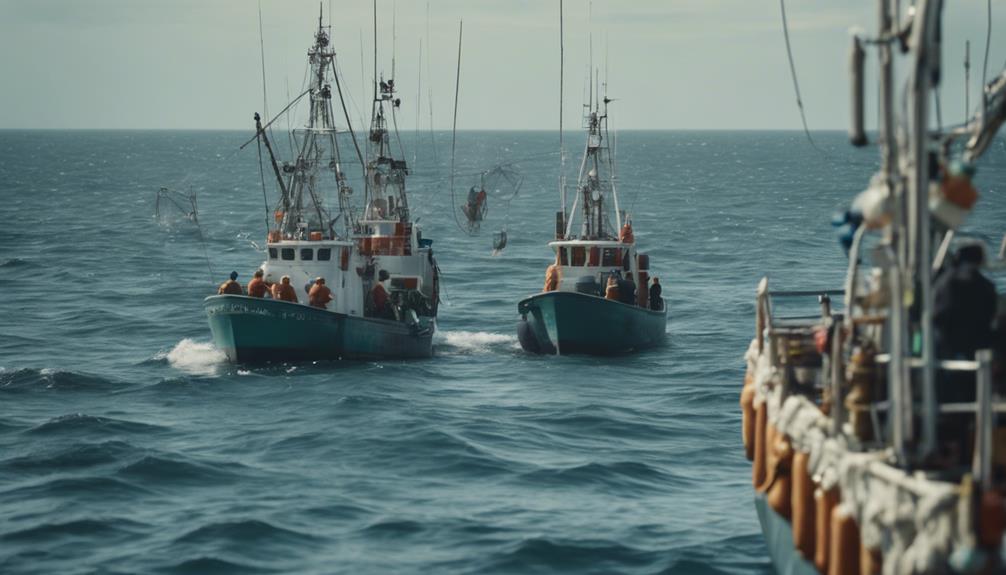
Countless marine species traverse international waters, making global cooperation essential for effective conservation efforts in our world's oceans. We've seen impressive strides in recent years, with nations coming together to establish marine protected areas and implement fishing quotas. But there's still work to be done. We must continue to foster partnerships, share research, and harmonize policies to guarantee our oceans remain vibrant and productive for generations to come.
Conclusion
As we've explored, sustainable fishing isn't just a lofty ideal—it's a necessity for our planet's future. We've seen how innovative practices, protected areas, and consumer choices can make a difference. But we can't stop here. It's up to us to continue advocating for responsible fishing, supporting conservation efforts, and making informed decisions. Together, we'll guarantee our oceans remain vibrant, diverse ecosystems for generations to come. Let's cast our lines towards a sustainable future.
